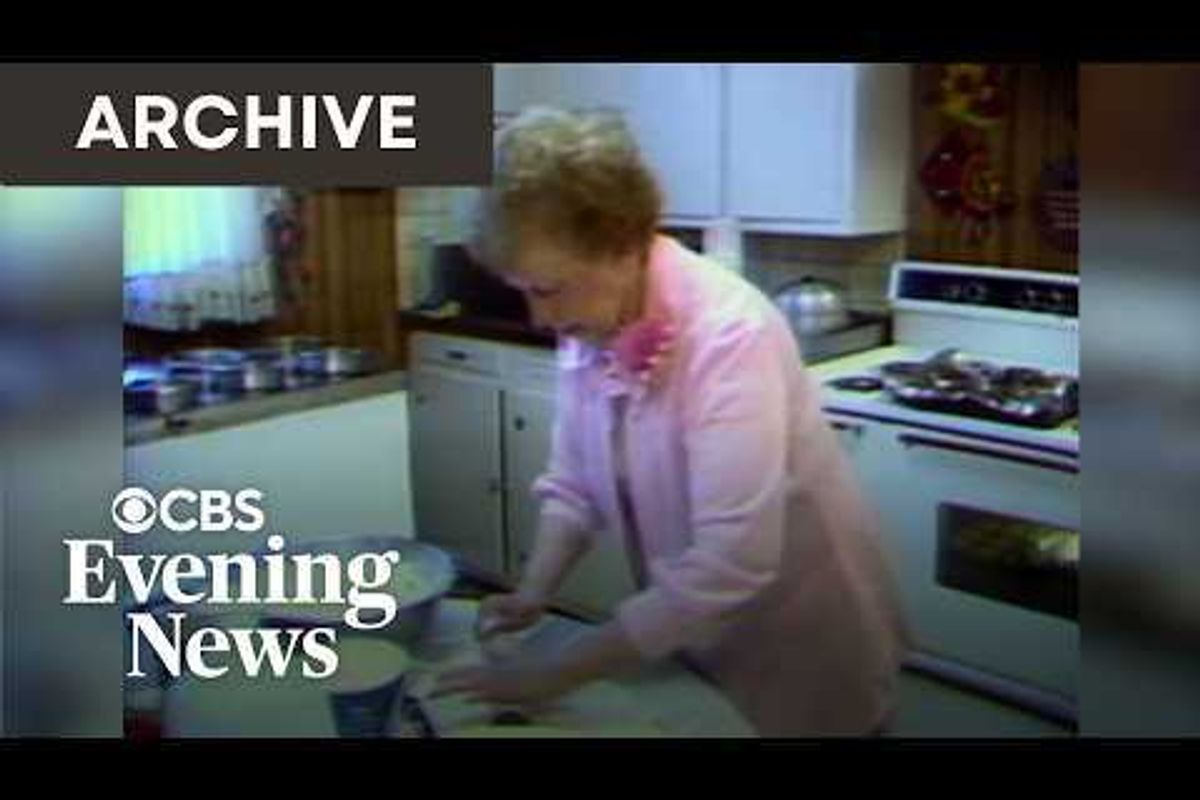The 14 ways Gen Z aligns itself more with older boomers than millennials
They may have different values, but they share other things in common.

Gen Z compares themselves more to Boomers than Millennials.
Generation Z (those born between 1997 and 2012) was described by Stanford University scholar Roberta Katz as "typically self-driven, collaborative, and diverse-minded. They value flexibility, authenticity, and a pragmatic approach to addressing problems." And according to Gen Zers themselves, they are finding that they have more in common with their Boomer elders than Millennials.
In an online forum discussing the similarities and differences that Gen Z has to Boomers and Millennials, member @Karma_Circus shared their thoughts: "There’s obviously a difference in values, but in terms of attitude, behavior, and general vibe, Gen Z actually shares more with Boomers than they do with Millennials," they wrote, before sharing similarities they noted between them.
They gave a strong argument, and added," I’m obviously not saying all Gen Z or Boomers as individuals are the same. But taking the tropes, clichés, and general vibe you get from each generation… if you strip away the aesthetics and politics, Gen Z sometimes feels like Boomer 2.0. Just younger, sassier and with better skincare routines."

Many Gen Zers agreed, adding their two cents about why they think they have more in common with Boomers than Millennials. Here are 14 reasons Gen Z feels more similar to Boomers than Millennials.
"They’re kind of isolationist. Gen Z seems more withdrawn. They value alone time and don’t love socializing outside their comfort zone." —@Karma_Circus
"Neither are great at emotional communication in person. Gen Z often struggles to express feelings face-to-face. They shut down or avoid important conversations entirely. Kinda Boomer-ish, right? Different reasons, similar result." —@Karma_Circus
"Rigid belief systems. Gen Z tends to adopt strong, black-and-white views—much like Boomers clinging to fixed worldviews. There’s less room for nuance or gray areas." —@Karma_Circus

"Both love secondhand outrage. There’s a shared grumpiness. Gen Z gets fired up over stuff that doesn’t affect them directly. Boomers did the same - just with a different set of values." —@Karma_Circus
"Societal rule enforcement. Gen Z is big on calling people out for breaking unspoken social rules. Boomers loved rules too - just old-school ones. And this really shows up on social media." —@Karma_Circus
"Chronically online. Boomers are Facebook addicts, Gen Z are TikTok addicts. Different platforms, same result: constant outrage and a worldview shaped by the algorithm." —@Karma_Circus

"Both think Millennials are cringey. Boomers and Gen Z hate looking stupid. Millennials didn’t have that luxury - they grew up online, testing boundaries to figure out what was 'too far.' Gen Z is way more self-aware and peer-policed, so they play it safe. Boomers just call this 'dignity.'" —@Karma_Circus
"That little box exposed us to ideas and worldviews that would otherwise be outside the confines of our city or village. Echo chambers are one point I concur on. If that's because some of Gen Z wants that chamber or if it's due to the algorithm remains to be seen." —@QuintenCK
"Our generation tends to shun anti-social behavior more, and I'm also guilty of doing this deliberately. The difference is that we shun a lot less based on who you are (for example being black, gay etc...) and more because of what your actions are. We like authenticity, good faith attempts and heavily dislike attention seeking and two faced intentions (for example companies appealing to queer people during pride month for solely profit driven motivations, they don't give a f*ck about queer people)." —@QuintenCK
"Boomers now and boomers in their youth are completely different. The Boomers had the summer of love, anti Vietnam protests, cultural revolution and civil rights movement. Unfortunately as they settled down in their 40’s and 50’s they were captured by media and turned back into the squares they used to fight against. Gen Z is similarly being manipulated by social media algorithms which tend to skew toward outrage and more and more right leaning ideals." —@gwdope

"If anything, you could consider gen z boomers 2.0, except with memes and anxiety and without the real estate. Similar behaviors can have different motivations, which changes how we interpret them."—@ kfijatass
"Well, there's a reason why they are called zoomers." —@euromoneyz
" Gen X just sittin' back watching it all unfold." —@hopelesscaribou
"if you ain't boomin you best be zoomin." —@100fronds
- Moms share 6 reasons why their ‘absent boomer’ parents won’t make time for their grandkids ›
- Millenials share their boomer parents’ 15 quirky (and frustrating) habits they just don't get ›
- I convinced my Gen Z kids to watch 'Dead Poets Society' and their angry reactions surprised me ›
- Millennial mom calls out boomer grandparents for lying on Facebook - Upworthy ›



 A UPS truck with package deliveries.Image via Wikipedia
A UPS truck with package deliveries.Image via Wikipedia

 Student smiling in a classroom, working on a laptop.
Student smiling in a classroom, working on a laptop. Students focused and ready to learn in the classroom.
Students focused and ready to learn in the classroom.
 Apparently, Agatha Burgess's corn muffins were legendary.
Apparently, Agatha Burgess's corn muffins were legendary.
 Bursting with flavor: Fruitopia's fruity splash!Photo Credit:
Bursting with flavor: Fruitopia's fruity splash!Photo Credit:  Choco Taco: Indulge in a classic sweet treat!Photo Credit:
Choco Taco: Indulge in a classic sweet treat!Photo Credit: